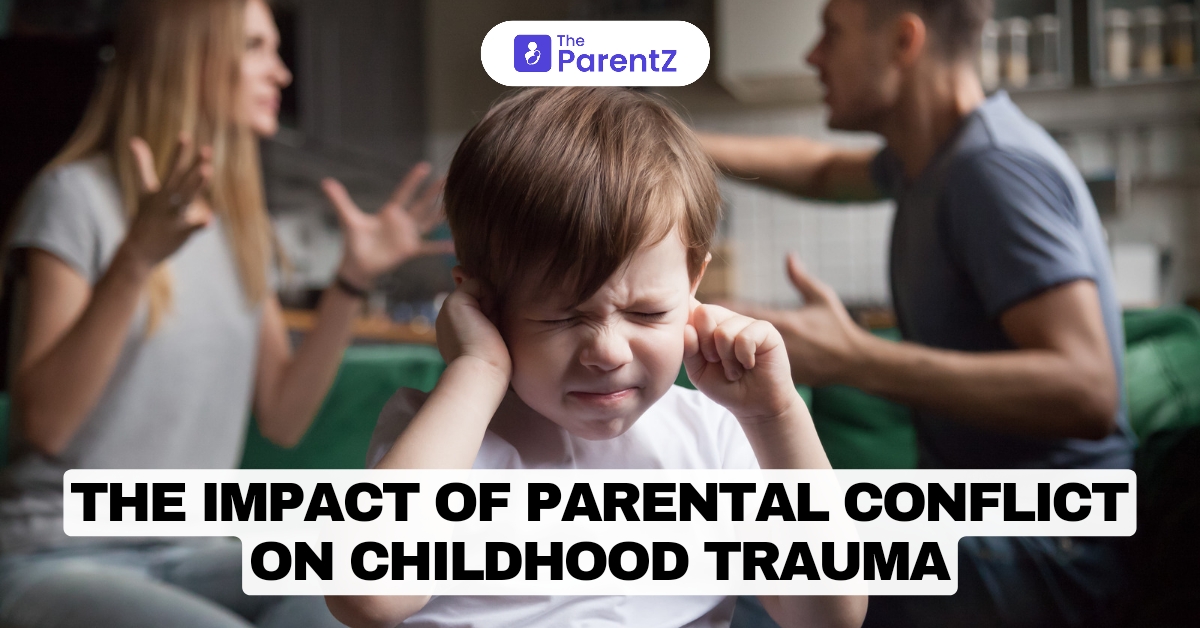Brief Overview of Childhood Trauma
Childhood trauma refers to the experience of an event by a child that is emotionally painful or distressing, which often results in lasting mental and physical effects. Trauma can stem from various sources, including abuse, neglect, and significant family conflicts. One particularly impactful source of trauma is parental conflict. When parents frequently argue or engage in hostile interactions, it can create a stressful environment that profoundly affects a child’s emotional and psychological well-being.
The Significance of a Stable and Harmonious Home Environment
A stable and harmonious home environment is crucial for the healthy development of children. It provides them with a sense of security, emotional stability, and a foundation for building positive relationships. Conversely, a home filled with conflict and tension can disrupt a child’s sense of safety, leading to various negative outcomes. Understanding the impact of parental conflict on childhood trauma is essential for fostering a nurturing environment where children can thrive.
The Negative Effects of Parental Conflict
Psychological Impact: Anxiety, Depression, and Low Self-Esteem
Children exposed to frequent parental conflict often experience heightened levels of anxiety and depression. The constant stress and uncertainty in their environment can lead to chronic worry and sadness. Additionally, witnessing their parents argue or fight can erode a child’s self-esteem. They may internalize the conflict, feeling responsible or believing they are the cause of the discord. This can result in long-lasting feelings of inadequacy and low self-worth.
Behavioral Issues: Aggression, Withdrawal, and Academic Difficulties
Parental conflict can also manifest in various behavioral issues in children. Some may become aggressive, mimicking the hostile behaviors they observe at home. Others might withdraw, becoming socially isolated and emotionally detached. These children may struggle to form healthy relationships with peers and authority figures. Furthermore, the stress and emotional turmoil caused by parental conflict can lead to difficulties in concentrating and performing academically, resulting in poor school performance.
Long-Term Consequences: Relationship Problems, Mental Health Issues, and Difficulty in Emotional Regulation
The impact of parental conflict often extends into adulthood. Individuals who grew up in conflict-ridden homes may face challenges in forming and maintaining healthy relationships. They might have trust issues, fear of intimacy, or difficulty in handling conflicts constructively. Moreover, the prolonged exposure to stress and trauma during childhood increases the risk of developing mental health issues such as depression, anxiety disorders, and post-traumatic stress disorder (PTSD). These individuals may also struggle with emotional regulation, finding it hard to manage their emotions effectively.
Strategies to Minimize Conflict
Effective Communication and Conflict Resolution Techniques
One of the most effective ways to minimize parental conflict is through improving communication and adopting conflict resolution techniques. Parents should strive to communicate openly and respectfully, avoiding blame and criticism. Active listening, where each person fully listens to the other’s perspective without interrupting, can help in understanding and addressing underlying issues. Conflict resolution strategies, such as finding common ground, compromising, and collaborating on solutions, can also reduce the frequency and intensity of conflicts.
Seeking Professional Help When Needed
In some cases, parental conflicts may be deeply rooted and challenging to resolve without external help. Seeking the assistance of a professional, such as a therapist or counselor, can provide valuable support and guidance. Therapy can help parents develop healthier communication patterns, manage stress, and resolve underlying issues contributing to conflict. Family therapy can also be beneficial in addressing the impact of conflict on children and fostering a more harmonious family dynamic.
Importance of Creating a Supportive and Loving Environment for Children
Creating a supportive and loving environment is crucial for mitigating the negative effects of parental conflict on children. Parents should prioritize their children’s emotional well-being, providing reassurance, love, and stability. Establishing routines, spending quality time together, and engaging in positive activities can help children feel secure and valued. Additionally, parents should model healthy conflict resolution behaviors, demonstrating how to handle disagreements constructively and respectfully.
Conclusion
Recap of the Importance of Managing Conflicts Constructively
Managing conflicts constructively is essential for protecting children from the negative effects of parental discord. By improving communication, seeking professional help when needed, and creating a supportive environment, parents can significantly reduce the impact of their conflicts on their children. It is important to recognize that conflicts are a natural part of any relationship, but how they are handled can make a profound difference in a child’s emotional and psychological development.
Encouragement to Prioritize Children’s Emotional Well-Being
Prioritizing children’s emotional well-being should be at the forefront of every parent’s mind. By fostering a stable and loving home environment, parents can help their children develop resilience, self-esteem, and healthy coping mechanisms. It is never too late to make positive changes that benefit the entire family. Investing in the emotional health of children today can lead to a brighter and healthier future for them as adults.








Be the first one to comment on this story.